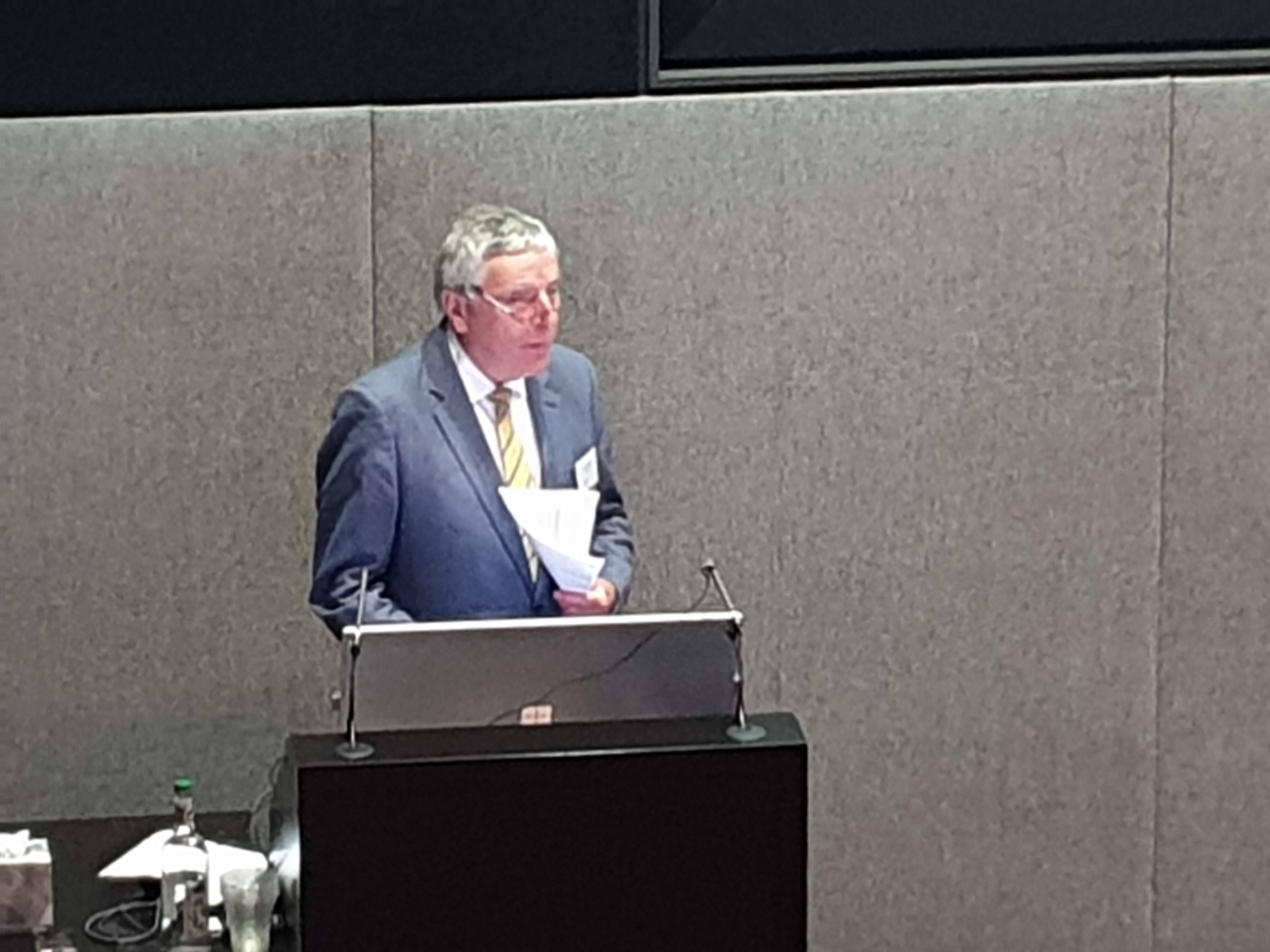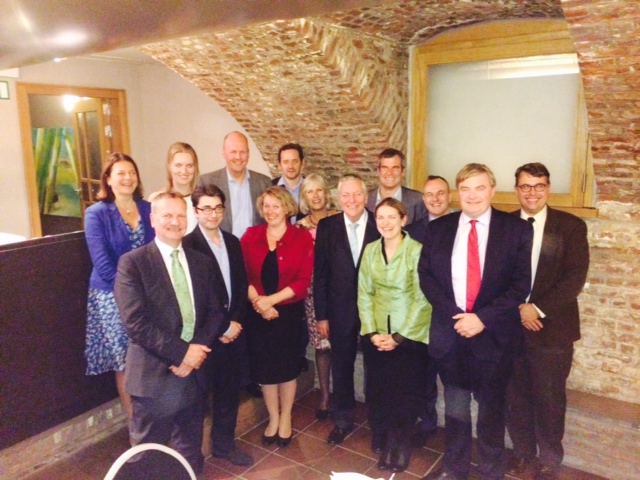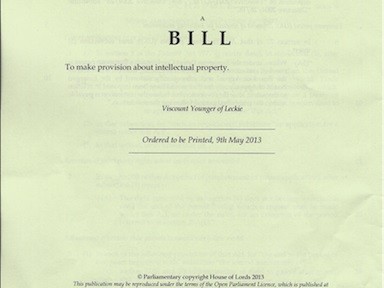At the recent Technology Innovators Forum- TIF-In Qingdao I chaired a Roundtable session on IP. The aim was to provide practical suggestions for British and Chinese companies to maximise revenues and mitigate risks and identify follow up actions that can be taken on an industry to industry basis and/or to include in future government to government discussions.
In the earlier finance panel at TIF-IN the conversation rapidly moved on to the question of IP . The view of that panel was clearly that financing in this field becomes more uncertain and more unattractive without proper protection of this vital asset.
In our roundtable we were assisted by an expert panel:
- The UK IP attaché to China Tom Duke
- Max Hole, Chairman and CEO of Universal Music Group
- Guo Biao, China Director at the International Federation of the Phonographic Industry (IFPI) and Senior international music industry representative in Beijing,
- Mark Devereux, senior partner of media and technology law firm Olswang, Deputy chairman of the British Screen Advisory Council and previously the deputy chairman of the UK Film Council
- Andrew Wajs, the Chief Technology Officer of Irdeto an expert in the technology of protecting IP
We looked at the environment for Intellectual property development and protection applicable to the creative industries, internationally, and in China in particular and posed a number of questions.
- Is it common ground in fact that good IP protection is essential to underpin our current and likely future business models?
- What are the business models of the future that are best in tune with current protection of IP and the public’s willingness to value it?
- What are the barriers in IP protection and enforcement to exploitation of commercial content? Are the full range of IP rights recognized ? Are IP rights fit for purpose?
- How do we address issues of piracy and criminality in key markets in particular in relation to the internet?
- How to that end do we go beyond enforcement and influence and change consumer attitudes to IP . In particular can we educate young people that creators have rights and there is fundamental value in IP? Are there robust technological solutions to piracy and infringement? Can brand owners and credit card companies be persuaded to avoid rogue sites?
- Copyright in particular, is changing across the world to adapt to new conditions. Is this in the right direction?
- In China the IP protection regime is rapidly changing- for the better as several of our speakers yesterday emphasised – as Chinese homegrown IP grows in importance.But what are the current IP risks in China, whether in due diligence, contractual terms or legal provision and enforcement when doing business in China.
- What local action is needed to mitigate these risks?
- How are different aspects of IP treated eg know how, copyright and trademarks?
- How will all this impact on the future for UK-China creative industry partnerships in the sector?
"The regulatory and and legislative reform side and the development of education of the public and others in the value and importance of IP to the creative industries, both for their future viability and in their ability to deliver quality content."
— Lord Clement-Jones
Much of the discussion on this topics will be ongoing but it is clear that two strands are key:
The regulatory and and legislative reform side and the development of education of the public and others in the value and importance of IP to the creative industries, both for their future viability and in their ability to deliver quality content.
On the former front we need to stay abreast of the new business models and ensure reform in China and elsewhere is timely to enable creative content to be exploited. In particular performing right needs to be recognised in China. Some collecting societies need reforming too.
Positive technology and business models are emerging in the mobile sector in particular, but clear copyright laws are needed at the same time.
On the education front there is much that can be done to change attitudes to IP among the public and among search engine sites, brand owners and credit card companies. The BFI model is one that could be pursued by others.
It was the hope of many that the new Global Digital Media and Entertainment Alliance (GDMEA)will prove a useful vehicle for dialogue on IP and ensuring copyright reform in China alongside education initiatives.
9th December 2014
Nick Clegg: We’re IN
10th April 2014
Lord C-J Debates freedom of speech in Turkey
30th December 2013






